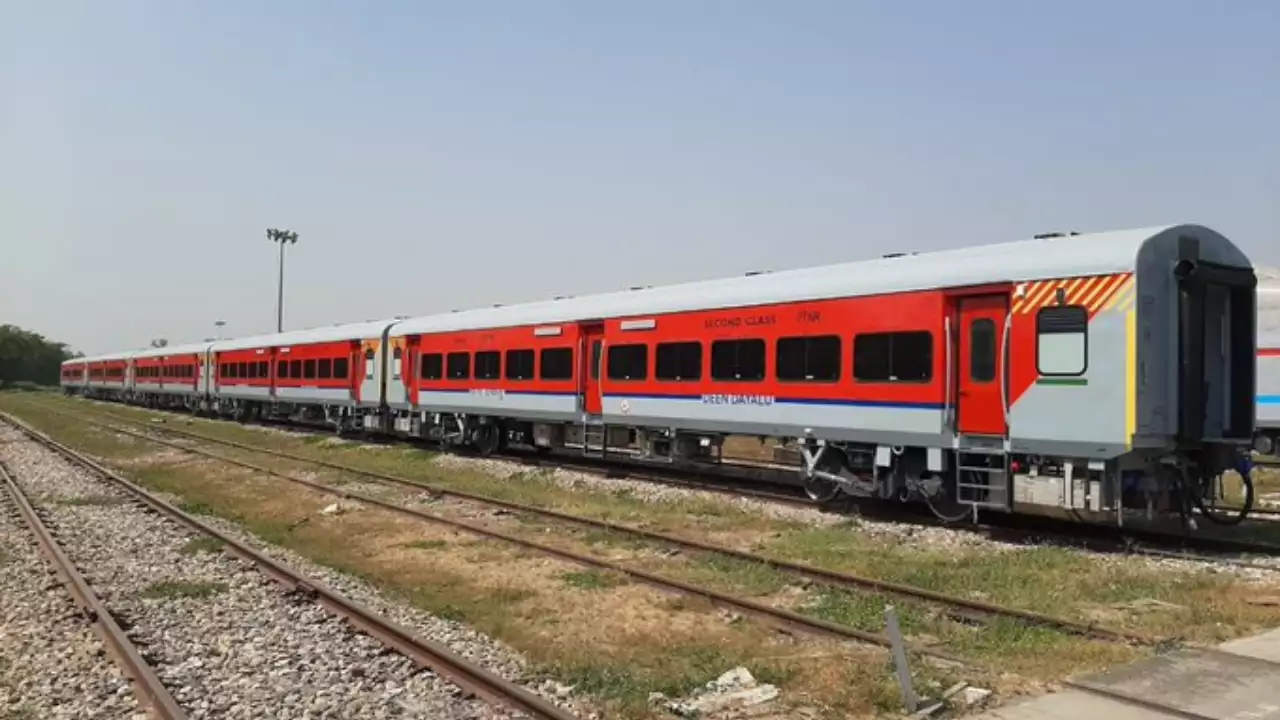
Mumbai-Ahmedabad : Western Railway aims to slash travel time by an hour, trains to run at 160 kmph
MUMBAI : Western Railways (WR) is fervently working towards completing the Mission Raftaar project by the end of this fiscal year. The ambitious project seeks to significantly reduce travel time between Mumbai and Ahmedabad by at least one hour, propelling train journeys into a new era of efficiency and time-saving for passengers.
The estimated cost of the project is ₹3959 crores
Under Mission Raftaar, the focus is on elevating speeds on crucial sections, namely Mumbai-Surat-Vadodara-Delhi and Mumbai-Vadodara-Ahmedabad, to an impressive 160 kmph. The estimated cost for the project within WR’s jurisdiction stands at an impressive ₹3959 crores.
Senior WR officials have set their sights on completing the project by March 2024. Upon completion, the sectional speed of the Mumbai-Ahmedabad route is poised to escalate to 160 kmph, paving the way for renowned trains like Vande Bharat, Tejas, and Shatabdi Express to operate at this enhanced speed. “Currently capped at 130 kmph, these trains cover the distance between the two cities in approximately six hours,” said an official.
Mission Raftaar targets a maximum speed of 160 mph for passenger trains
According to a senior railway officer, Mission Raftaar, a comprehensive endeavour to streamline travel on busy routes, is targeting a maximum speed of 160 mph for passenger-carrying trains. Notably, the 1,479 km Delhi-Mumbai and the 1,525 km Delhi-Howrah sections are key focal points of this mission, aiming to expedite train journeys.
Within the Mumbai-Delhi route, nearly 50 per cent of the total 1379 Route Kilometers (RKM) falls under Western Railway, from Mumbai Central to Nagda (694 RKM). The remainder is divided between West Central Railways and Northern Railway. Other zonal railways are also trying to complete the project by the end of March 2024.
Key engineering enhancements include the strengthening of bridge approaches using geocells, a pivotal step in achieving the 160 kmph target. “Work on the approaches of 126 bridges of WRs jurisdiction has already been completed, with an additional 138 bridges rehabilitated and seven replaced by ballasted decks,” said an official, adding that more than 90 works have already been completed.

